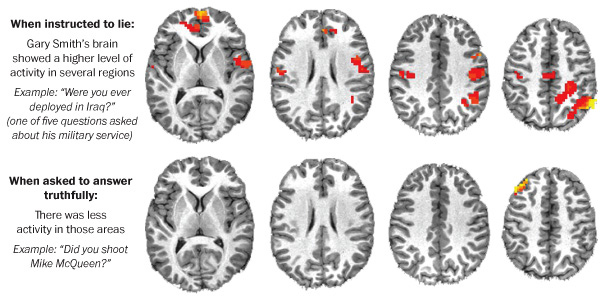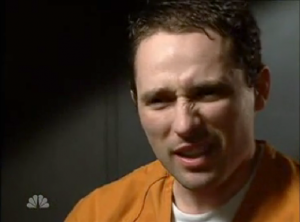
An Aggregator for Blogs About Social Engineering and Related Fields

 PoliceOne.com has reported on some intriguing deception detection techniques. Cognitive interviewing has now been used to detect possible deception when questioning suspects about crimes.
PoliceOne.com has reported on some intriguing deception detection techniques. Cognitive interviewing has now been used to detect possible deception when questioning suspects about crimes.
According to this article and the Force Science Institute, there are two extremely helpful techniques when trying to elicit deception when interviewing criminal suspects:
1. Asking a suspect to sketch one or more drawings to illustrate his story
and
2. Asking him to repeat his account in reverse order of occurrence, beginning with the end of the story and working backward in time.
“A deceptive subject’s cognitive resources already are being strained to the limit to create his story and maintain it consistently. Increasing that load even more with these demanding and surprising tasks can provoke potential signs of deception, if you know what to look for,” clarifies Dr. Edward Geiselman, a Force Science certification instructor and a psychology professor at UCLA.
According to the article Cognitivbe Interviewing (CI) elicits between 25-40 percent more correct and relevant information than conventional questioning. CI is used by many governement agencies including the FBI and the Defense Intelligence Agency.
CI was originally developed din six stages, but Dr. Geiselman has incorporated the latest research to extend this type of questioning to criminal suspects with CIS – Cognitive Interview for Suspects, which includes two new additions (listed above).
As with the best methods of obtaining truthfulness building rapport played an important role in the research and method developed. It also helps in delineating a baseline for the suspect.
Dr. Geiselman notes that more direct research in the comparison of his method (CI) and the traditional interrogation techniques is “certainly warranted.”
If you read last week’s blog post on convicted murder Skylar Deleon, you would have seen a lot of disgust microexpressions throughout the interview with Dateline’s Josh Mankiewicz.
Deleon, who often speaks with a soft voice, can’t seem to mask his feeling of repulsiveness. Many of the readers who watched the video spotted these various microexpressions right away. Great job!
It’s important to remember that microexpressions leak out when a person has internal conflict between what is being said and what is being felt. However, you cannot automatically associate the microexpression with the person lying, just that there is more to the story than what’s being told.
We see various disgust microexpressions from Deleon, often twice in a row. Several of them at the beginning of the interview when Mankiewicz says “What do you want people to know about you?” (0:33 and 0:51 in video) and then again at “You can’t even bring yourself to say it, can you?” (2:13 and 2:15 in video).

It’s also important to note what you don’t see from Deleon- you don’t see genuine sadness or any sense of remorse for the murders he committed. You don’t see any tears or hear any cracking in his voice when he apologizes. In fact, at times during the interview you see him smile ever so slightly when discussing the murders.
It’s pretty clear from the interview that Deleon feels no true remorse for what he’s done and doesn’t seem very happy when he’s questioned about the topic.
Didn’t get a chance to see the video? You can watch it again below.
Click here to view the embedded video.